Bradley Wiggins' TUE case highlights crisis facing anti-doping authorities
'An asterisk next to his Tour de France win' says former doctor
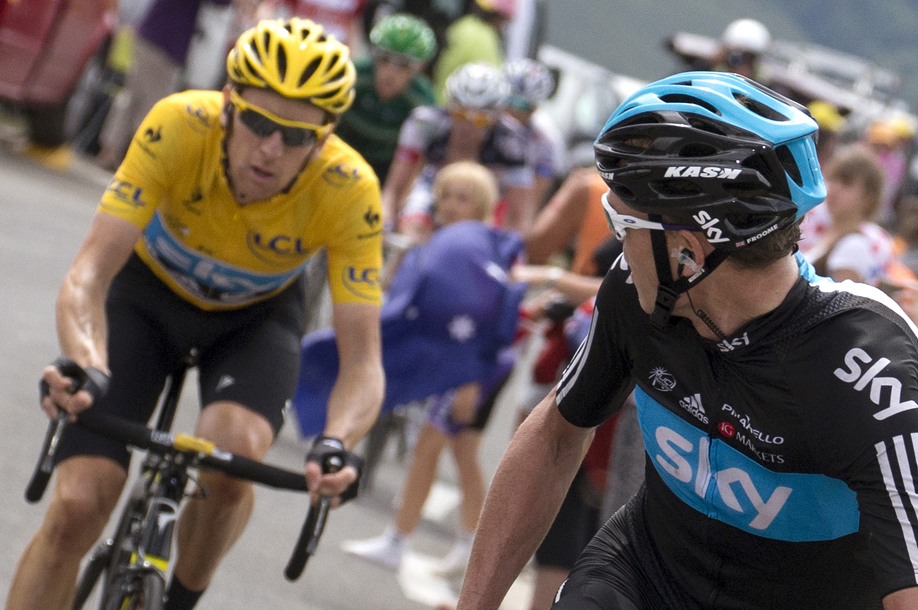
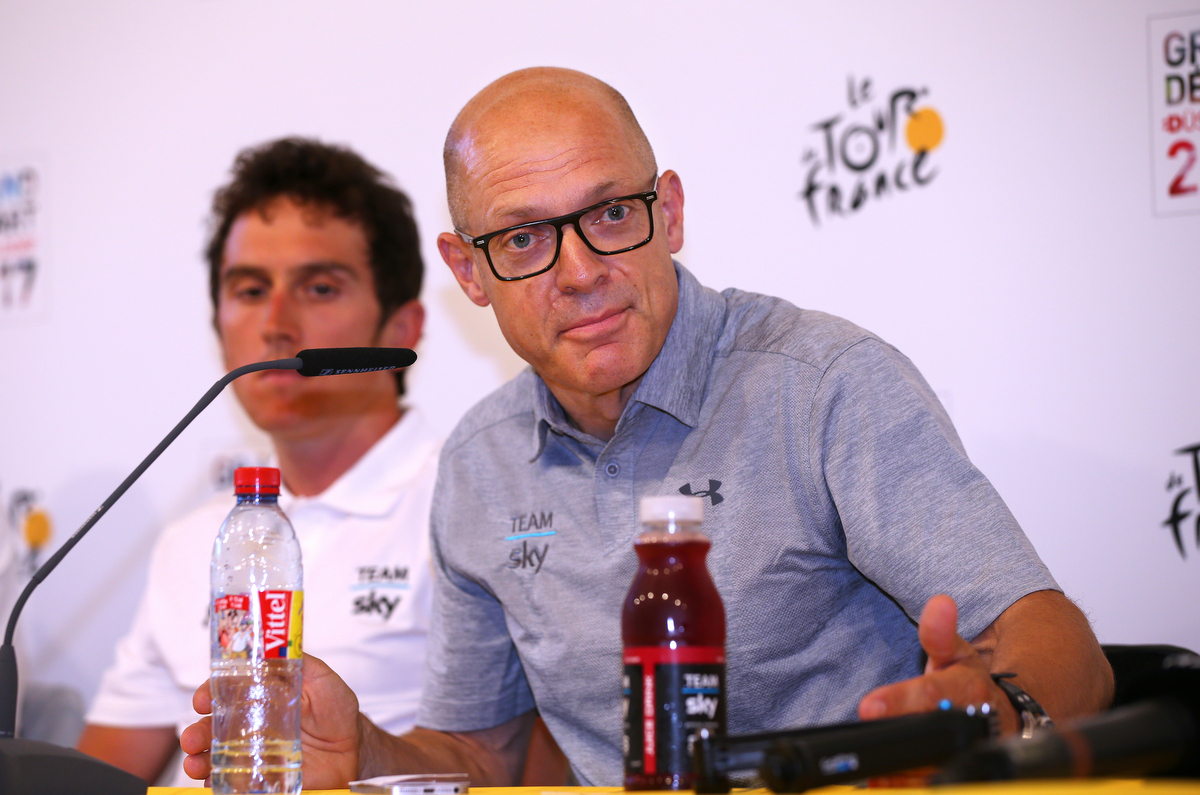
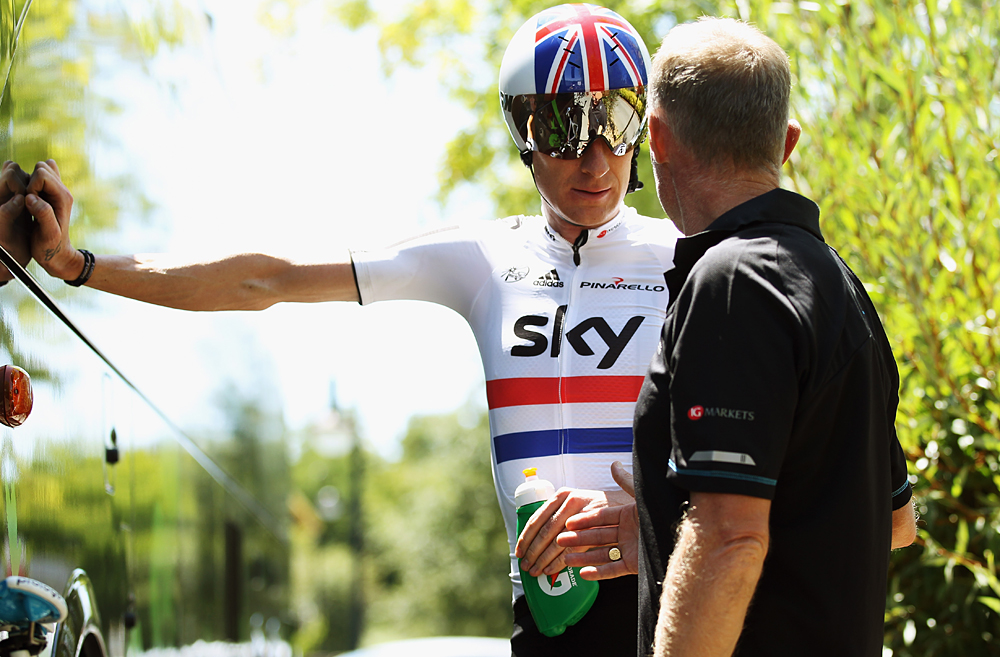
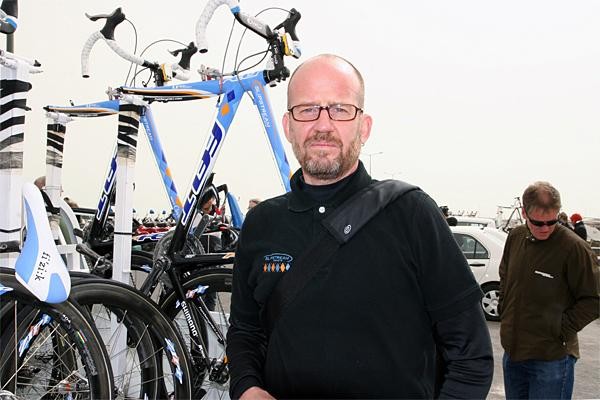
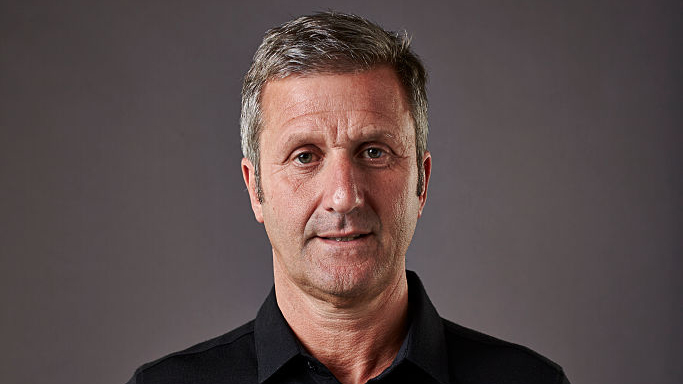
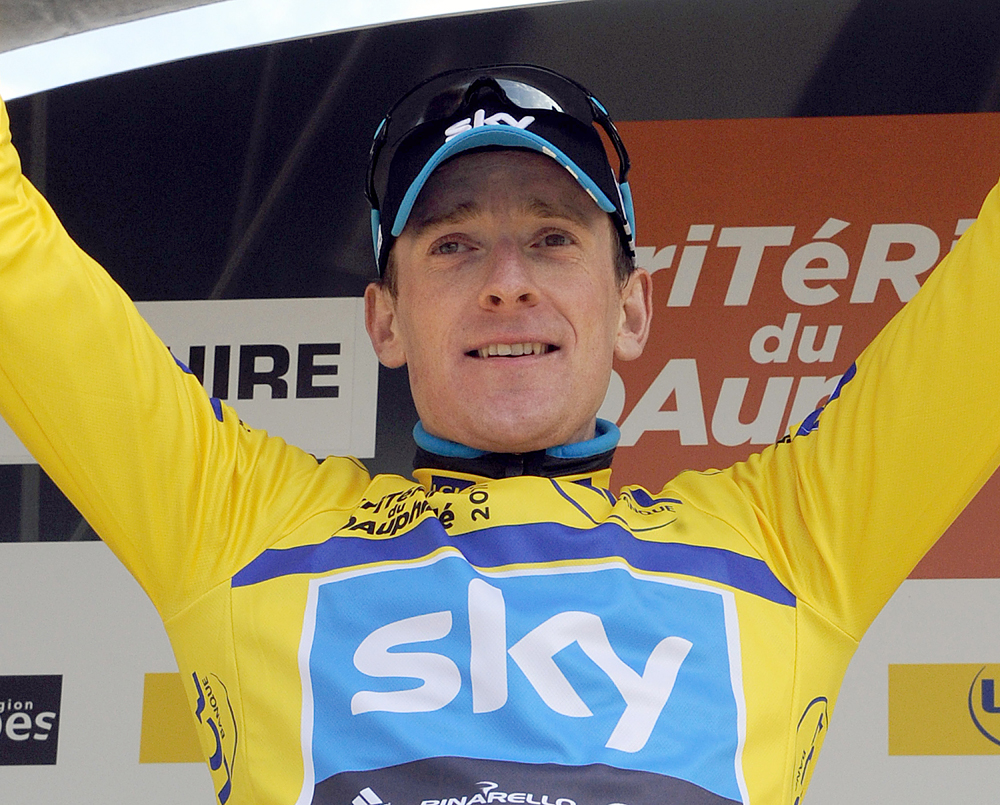
Last week’s news that no sanctions would be brought against Bradley Wiggins, Team Sky and British Cycling for their part in the jiffy bag saga may have led Team Sky to blithely proclaim that no wrongdoing had been carried out, but the unsatisfactory nature of UK Anti-Doping’s incomplete investigation painted a worrying picture for the anti-doping landscape.
UKAD's 14-month inquiry exposed a near-toothless authority with a limited budget, stretched resources and no powers to compel testimony. It is little wonder, then, that faith in the anti-doping world continues to erode at an alarming rate.
Yet the Wiggins affair is just the ‘tip of the iceberg’, as one anti-doping expert put it.
“My take on the fundamental challenge that they have is that UKAD need twice the funding, if not more,” says Andy Parkinson, who was the Chief Executive of the organisation until January 2015.
“The biggest argument for additional funding is that the landscape has changed dramatically since UKAD was set up. Cases are more complicated and it’s a different environment, which requires different investment.”
On the face of it, UKAD’s investigation wasn’t complicated at all. Or at least it shouldn’t have been. A man, in this case Simon Cope, traveled from A to B with a package that was handed to a doctor, who then administered the contents to an athlete – in this case the doctor was Richard Freeman, the athlete Bradley Wiggins – with the treatment taking place at the Critérium du Dauphiné in 2011.
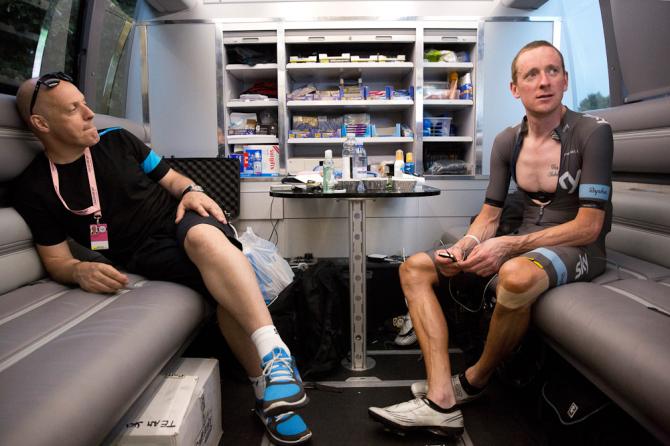
When it was alleged that the package contained a banned corticosteroid, UKAD duly stepped in. They talked to 37 individuals but made no inroads into exactly what was in the package. A lack of medical records does not warrant a doping violation but the fact that UKAD were uncomfortable with the relationship between British Cycling and Team Sky, and the lack of cooperation they received, spoke volumes. They went as far as they could in their final assessment before passing on their evidence to the General Medical Council, who are reportedly looking into Freeman’s conduct.
Get The Leadout Newsletter
The latest race content, interviews, features, reviews and expert buying guides, direct to your inbox!
“UKAD have shown their weaknesses, and the weaknesses of every anti-doping agency,” says Renee Anne Shirley, who was the head of the Jamaican Anti-Doping Commission before becoming a whistleblower.
“They don’t have the investigative resources. In France it’s the French law enforcement who have the information from WADA. It’s the same in Italy. In Britain there should be a better relationship with the NCA [National Crime Agency].”
The reality, however, is that it takes time, money and effort for National Anti-Doping Organisations (NADOs) to strike up relationships with crime units. And, crucially, doping is not a crime in the UK. That said, Shirley believes that UKAD could do more with the financial recourses they have at their disposal.
“And then you have the government cutting the budget of UKAD in order to fund sport. It’s a vicious cycle but at the moment it’s clear that we’re not maximising the capabilities that we have right now and that for me is part of the frustration.”
- Timeline of UKAD investigation into Team Sky and British Cycling
- No doping charges for Wiggins, Team Sky and British Cycling over mystery package
- Bradley Wiggins: UKAD investigation felt like a witch hunt
- UKAD launch damning attack on Team Sky and British Cycling over medical practices
When UKAD was set up in 2008, Parkinson petitioned for a budget close to £10 million per year. Since then their funds have been chipped away through budget cuts and the growing expense of having to outsource services that they can’t afford to keep in-house on a full-time basis. Add to that the worry over losing an ongoing case against boxer Tyson Fury – which the BBC reports could bankrupt UKAD – and it’s a deeply precarious position.
“The process is at best toothless and at worst complicit in the problem from a UKAD perspective,” says sports scientist, Ross Tucker. “It seems bizarre to me that you’d end up concluding things on incomplete facts. That doesn’t do much for the credibility of anti-doping."
“You need to get into your head that there are very few functioning NADOs,” says Shirley. “Outside of the handful that we know about, the majority of other countries don’t have the structures in place for an anti-doping authority.”
The limits of anti-doping authorities can be illustrated by the simplistic nature in which athletes can essentially take themselves off the grid when it comes to testing.
“Here’s an example. We have the Olympics coming up and people are saying we can let the Russians who have trained outside of Russia, compete. My take, and you can quote me on this – the number of Russian athletes training outside of Russia who will actually be tested is very low,” says Shirley.
“Let’s say a Russian is in Jamaica. Do you think that we’re going to spend the limited money that we get from the government on testing a foreign athlete? So if Russians are training in Argentina do you think they’re going to be tested? And we’re told that they’re clean.”
The TUE grey area
The struggles faced by the anti-doping authorities can be compounded by the nature of the system and framework they have to operate in. Perhaps one of WADA’s greatest successes was their ability – in the main – to unite anti-doping rules but with that has come compromise and, ultimately, grey areas where abuse of the system can take place.
The TUE system, as seen in the case of Wiggins, also throws up a number of questions. When is sick really sick, and when should an athlete be rested rather than helped by a substance that has performance enhancing capabilities?
David Millar said it best when he claimed that Team Sky had ‘gamed the system', implying that they had pushed the ethical boundaries of what was acceptable in order to seek a boost in performance. However, the problems don’t just lie with the athletes and teams but also the system itself. Until the last few years cycling’s TUEs were decided by one man, the UCI’s former head of medicine, Mario Zorzoli. Only when Zorzoli stepped down did the sport’s governing body set up a committee to examine TUE cases.
“My investigation found that there was virtually no supervision from the NADOs. Then about a year ago David Howman said that around 50 per cent of TUEs are not seen by WADA because they’re not logged into their tracking system, ADAMS. We’ve allowed WADA to get away with being self-policed. One of the areas they let slide was TUEs.
“The TUE situation with Wiggins is just the tip of the iceberg. The TUE system is one of the main areas of abuse right now.”
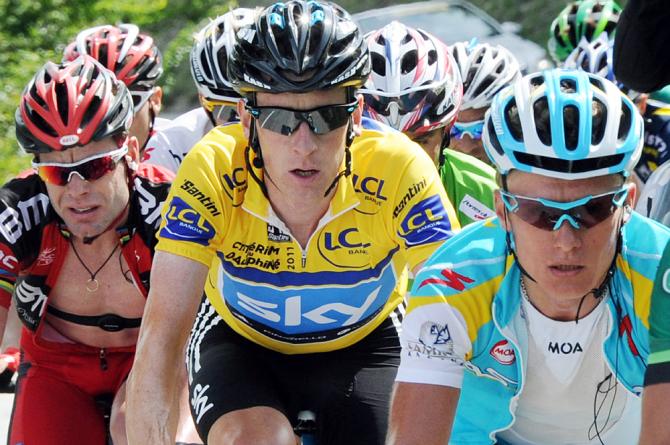
Alleged abuse could come in a number of forms, from doctors applying for medical products based on falsified medical conditions, to those signing off the requests not investigating the information to the highest degree.
“The amount of athletes who have asthma and heart conditions… I’ve not seen a more unhealthy set of people in elite sport. They’re worse than the average people but it was when Fancy Bears started to put the information out there that people started to see the unusual prescriptions,” Shirley says.
“That’s why it’s taking so long with USADA and [athletics coach Alberto] Salazar. They have to prove that the person didn’t have the conditions at the time,” says Shirley.
Clouds hang over Team Sky and Wiggins
Prentice Steffen was Wiggins’ team doctor in 2009 during the rider’s one-year stint at Garmin-Slipstream. Wiggins finished fourth that year in the Tour, an incredible achievement in itself given his lack of results in Grand Tour riding until that point.
Steffen, who helped bring Garmin on board as one of the founding members of the Movement for Credible Cycling (MPCC) has watched through gritted teeth as the jiffy bag story has unfolded over the last 14 months. He has now left Slipstream Sports but believes there are clouds hanging over both Team Sky and Wiggins.
“I never thought of Bradley as an intensely medical type so I have to feel like he had some bad advice and it’s unfortunate it’s played out this way. If he’d stayed with us then this wouldn’t have happened. Maybe he wouldn’t have won the Tour, maybe he would have, but I do feel like there’s a bit of an asterisk next to that Tour victory,” Steffen says.
“It’s not futile but it’s frustrating to watch,” says Tucker. “You’ve got this, you’ve got the FBI investigation into Salazar, which comes a year after the USADA investigation stalled. You look at the loopholes and the grey areas with Russia, and China and Kenya. It just seems to be bogged down in minutiae, and at the moment anti-doping is completely ineffective. They need to do something today that they weren’t set up to do. They have no mandate to investigate.”
Daniel Benson was the Editor in Chief at Cyclingnews.com between 2008 and 2022. Based in the UK, he joined the Cyclingnews team in 2008 as the site's first UK-based Managing Editor. In that time, he reported on over a dozen editions of the Tour de France, several World Championships, the Tour Down Under, Spring Classics, and the London 2012 Olympic Games. With the help of the excellent editorial team, he ran the coverage on Cyclingnews and has interviewed leading figures in the sport including UCI Presidents and Tour de France winners.
